Gardens are more than just spaces for plants—they can be vibrant celebrations of culture, history, and identity. In Black culture, gardens have long been symbolic of resilience, community, and creativity, reflecting deep connections to the land and its abundant possibilities. By weaving elements of Black culture into your garden design, you can create a space that honors heritage while adding unique beauty and meaning. Here are six easy ways to incorporate Black culture into your garden space, blending tradition with personal style.
1. Include Plants with Symbolic Meaning
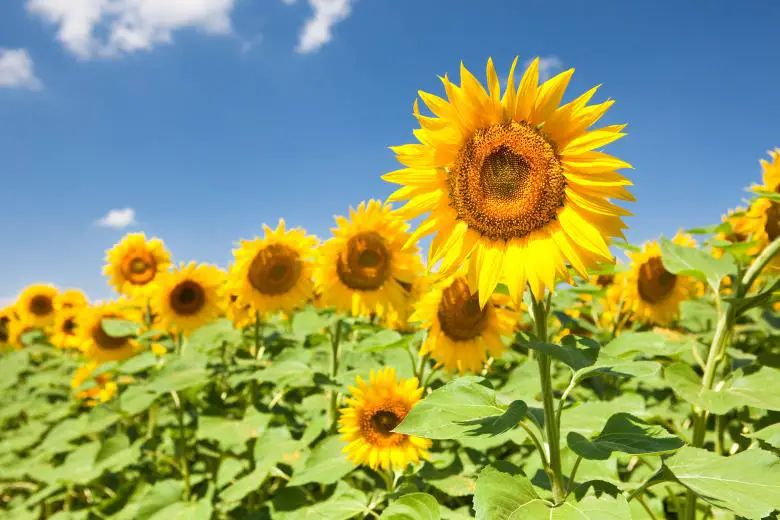
Incorporate plants that carry symbolic significance in Black culture to create a meaningful garden space. Sunflowers, for instance, are often associated with hope and resilience, while herbs like sage and basil hold spiritual and medicinal importance in many African diasporic traditions. Adding plants with cultural or spiritual significance can enhance the emotional and aesthetic impact of a garden.
For a more symbolic touch, consider planting trees such as magnolias or oaks, which have historical ties to Southern Black communities and represent strength and endurance. Arrange these plants in key areas of your garden to create focal points that celebrate culture and convey deeper meaning.
2. Incorporate African-Inspired Patterns in Hardscaping

Bring African artistry to your garden with hardscaping designs inspired by traditional African patterns. Pathways, patios, or raised garden beds can be enhanced with geometric designs reminiscent of kente cloth, mudcloth, or other African textiles. Incorporating patterns into outdoor spaces adds visual interest and creates a personalized aesthetic.
Use paving stones, bricks, or mosaics to craft pathways that echo the intricate patterns of African art. Raised garden beds or planters painted with bold, repeating designs can further tie your space to cultural themes. These patterned elements not only beautify your garden but also pay homage to the rich artistic traditions of Black culture.
3. Grow Heirloom Crops with Cultural Significance
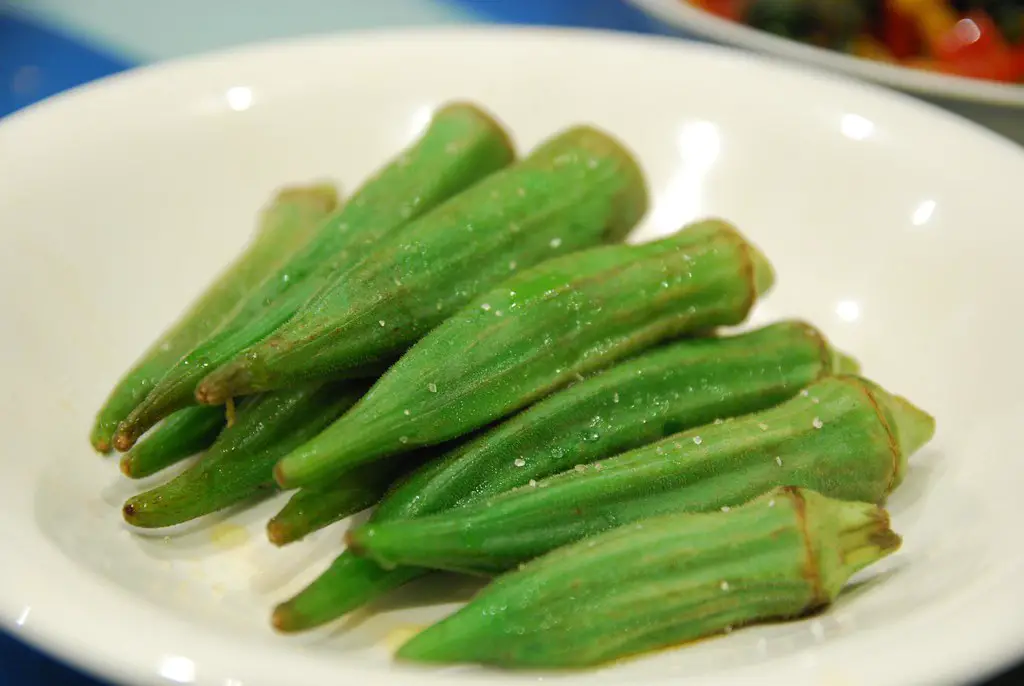
One of the simplest ways to honor Black culture in your garden is by growing heirloom crops that have roots in African American history. Plants like okra, collard greens, black-eyed peas, and sweet potatoes were brought to the Americas by enslaved Africans and have become staples in Black culinary traditions. These crops symbolize resilience, resourcefulness, and a connection to ancestral traditions.
Dedicate a section of your garden to these plants, and use them in your cooking to celebrate their historical importance. Include signage or garden markers to educate others about the cultural significance of these crops. By growing these heirloom plants, you not only honor your heritage but also create a sustainable garden rooted in tradition.
4. Create a Gathering Space Inspired by Community Gardens
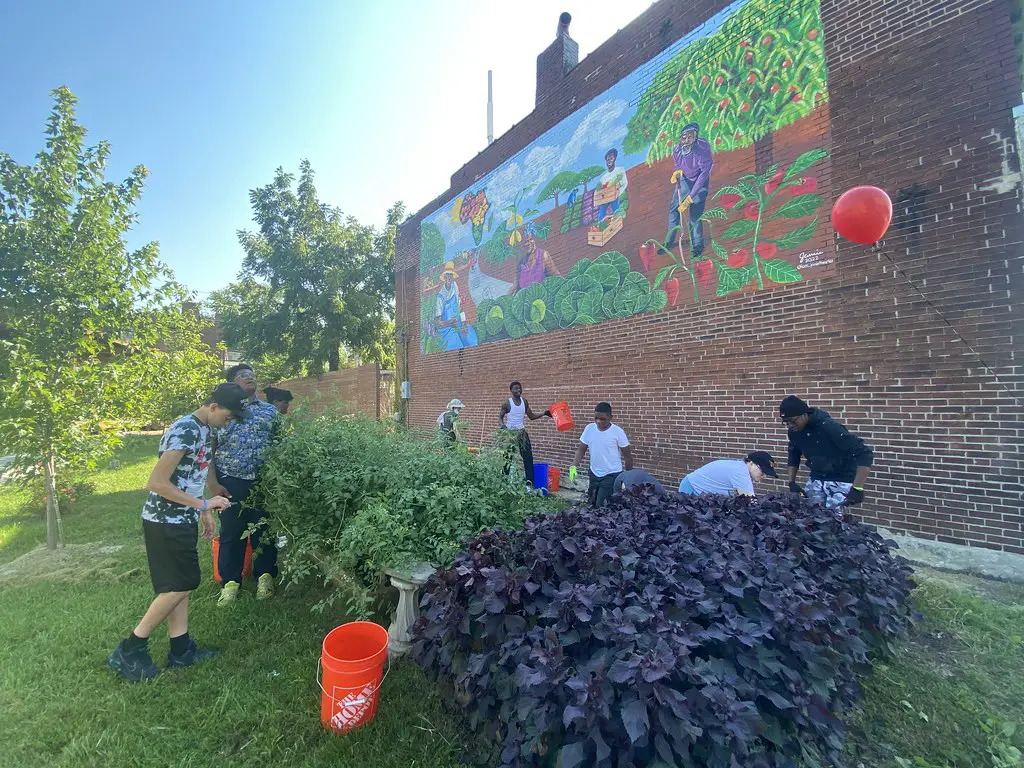
Community gardens have been a cornerstone of Black culture, fostering unity, self-sufficiency, and shared growth. Design a section of your garden as a gathering space that reflects this tradition. Community gardens have historically provided food security and a sense of empowerment in Black communities.
Include a seating area, such as a picnic table or benches, where friends and family can gather to share meals or simply enjoy the garden. Add communal planting areas for vegetables or herbs, encouraging collaboration and connection. Decorate the space with Afrocentric elements like woven baskets, colorful textiles, or African-inspired sculptures to create a welcoming environment rooted in cultural heritage.
5. Use African Textiles and Decor as Accents
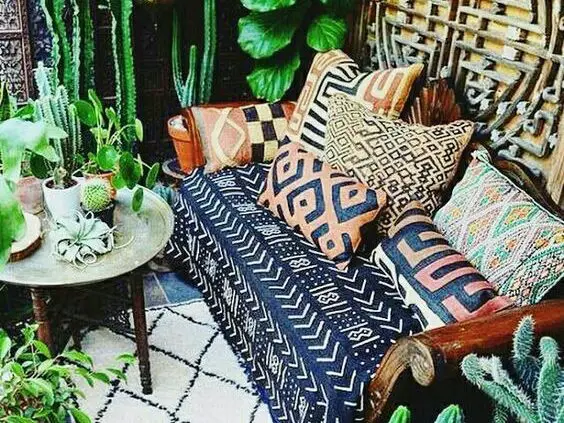
Incorporate African textiles and decor into your garden to add vibrant colors and patterns that celebrate Black culture. Fabrics like kente, mudcloth, or Ankara can be used as tablecloths, seat covers, or outdoor cushions to bring a burst of energy to your space. Textiles are a versatile way to infuse cultural richness into your design.
You can also hang outdoor-friendly tapestries or use woven baskets as decorative planters. These accents not only add visual interest but also celebrate the craftsmanship and artistry of African textiles. Pair the vibrant decor with natural materials like wood or stone to create a harmonious blend of culture and nature.
6. Honor Ancestry with a Reflective Space
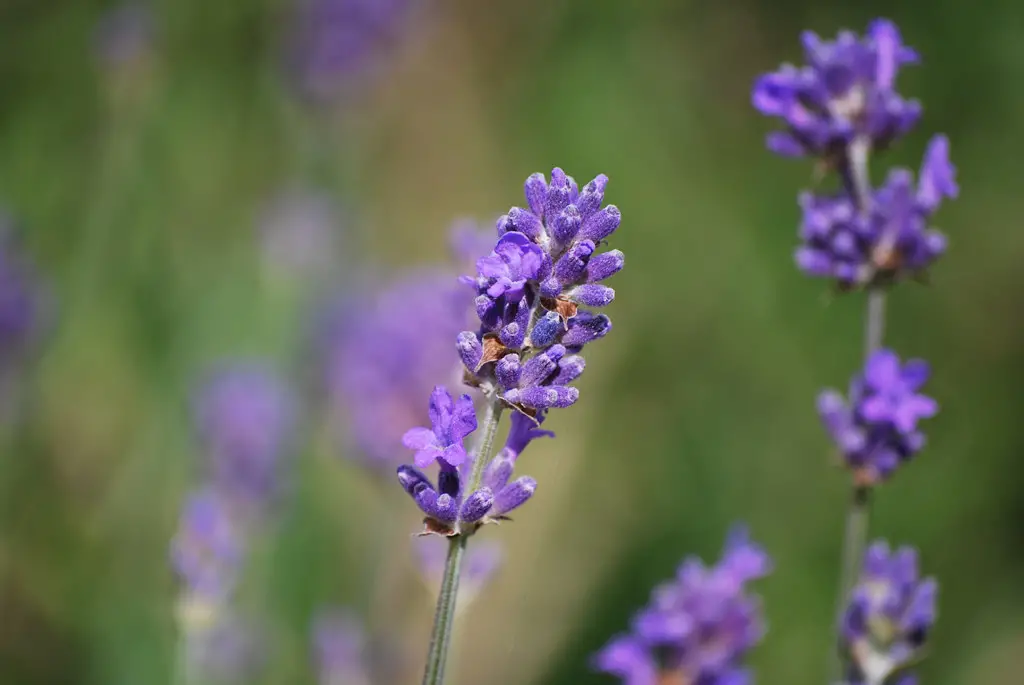
Design a peaceful corner of your garden as a reflective space to honor ancestors and the legacy of Black culture. This area could include a bench or a meditation spot surrounded by plants with symbolic meaning, such as lavender for tranquility or rosemary for remembrance. Creating spaces for reflection in gardens can enhance their emotional and spiritual value.
Add personal touches like wind chimes, stones engraved with meaningful quotes, or a small water feature to create a serene atmosphere. Incorporate Afrocentric sculptures or art to further tie the space to cultural themes. This reflective area serves as a place to honor the past while finding peace and inspiration in the present.
